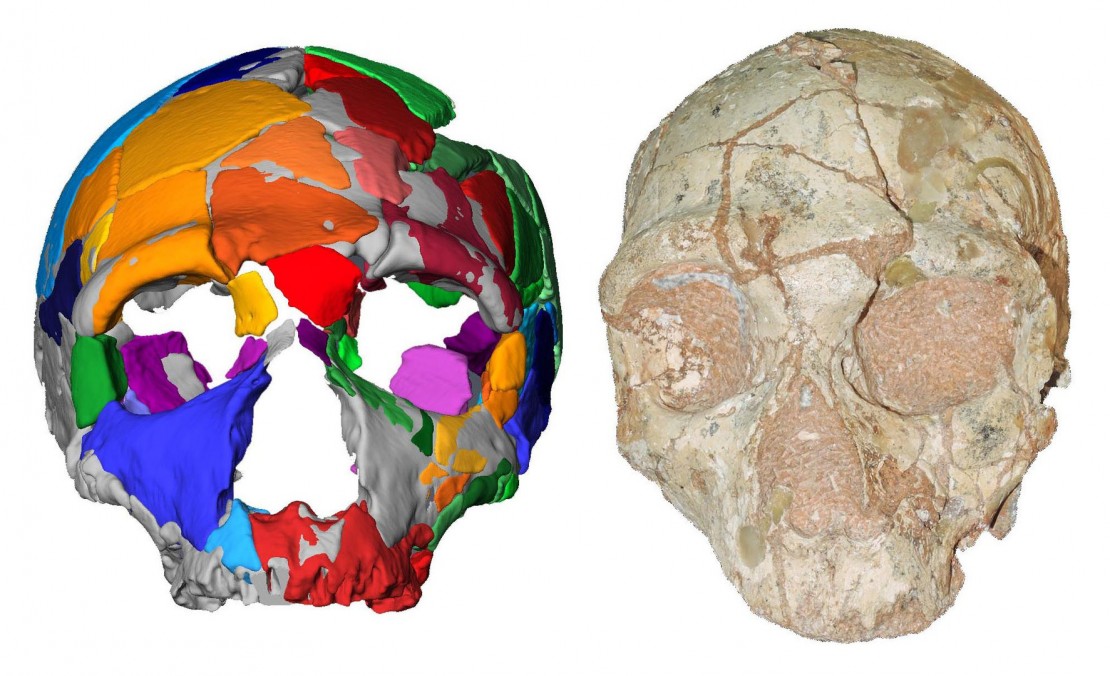Panagiotis Karkanas Contributes to Groundbreaking Paper That May Alter the Story of Human Prehistory

Bone Found in the Apidima Cave Is the Oldest Modern Human Fossil Ever Discovered in Europe
Dr. Panagiotis Karkanas, Malcolm H. Wiener Laboratory for Archaeological Science Director at the American School of Classical Studies at Athens, contributed to a groundbreaking paper recently published in Nature, the leading international weekly journal of science.
Skull Fragment Hints that Humans Began Leaving Africa Far Earlier than Once Thought
The study virtually reconstructs crania found in the Apidima Cave in Greece, provides detailed comparative descriptions and analyses, and dates the fossilized finds using U-series radiometric methods. One of the skulls dates to more than 210,000 years ago and has been identified as the earliest modern human remains found outside of Africa. This is a startling discovery that puts the clock back on mankind's arrival in Europe by more than 150,000 years.
Read More
• Original paper: Apidima Cave Fossils Provide Earliest Evidence of Homo Sapiens in Eurasia
• New York Times article: A Skull Bone Discovered in Greece May Alter the Story of Human Prehistory
• Greek story: Εντοπίστηκε στη Μάνη κρανίο ανατομικά σύγχρονου ανθρώπου ηλικίας 210.000 ετών